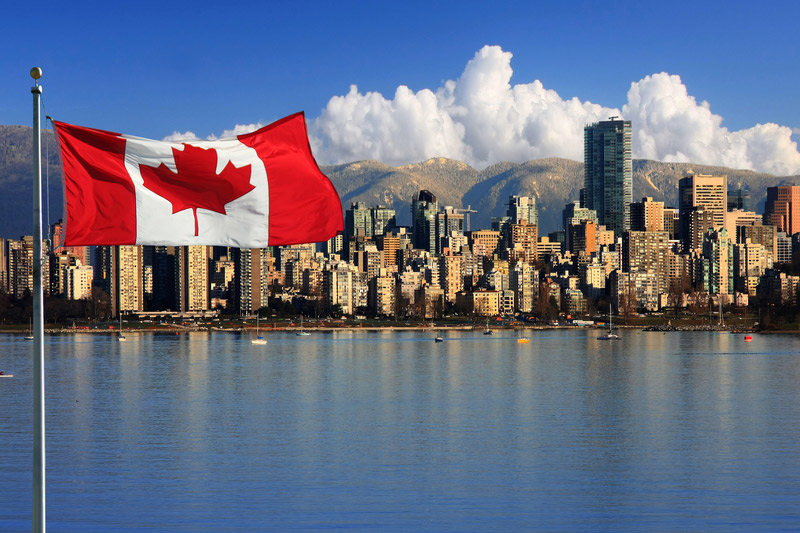(Bloomberg) -- Canada faces a competitiveness challenge that the nation must address with “tremendous urgency" or get left behind countries like the U.S. and China, warns Royal Bank of Canada’s chief executive officer.
“Our competitiveness in the world continues to be a topic of debate in Canadian business," David McKay said in prepared remarks for a speech Monday to the Canadian Club of Montreal. “The U.S. has moved the yardsticks. So has China, in a different way. It’s clear we can’t afford to stand still."
McKay, who oversees Canada’s largest lender by assets, revisited themes he has touched on this year, such as understanding skills needed for a future workforce, re-educating youth, building infrastructure, enabling trade and investing strategically to stand out in the world. While corporate tax rates are part of the problem, “much bigger challenges" exist: while investment is coming to Canada, the increasing flow of capital leaving can’t be ignored.
“We’re hearing from clients in food processing, manufacturing, agriculture, real estate and clean technology," McKay said. “They are telling us we need to take stock of our competitive conditions."
McKay cited challenges faced by Canada’s seven million youth joining the economy “at a time of profound economic, social and technological disruption." Those youth have ambition and talent to give Canada a competitive advantage -- enough for a C$40 billion ($31 billion) lift in the economy -- but they aren’t being set up for success, he said.
McKay also touched on the importance of infrastructure.
“We need roads, rail and pipelines to continue to harness our natural resources, which pay for much of what we take for granted and connect our country together," McKay said. “And we’re not serious enough about this challenge."
Canada must invest in clean energy -- and follow Quebec’s leadership on carbon pricing, he said.
McKay also touched on the need to enable trade, and “smarter global access" for the country’s entrepreneurs amid a rise in protectionism.
“With the world at risk of turning inward, taking advantage of our trade agreements is something we need to execute," McKay said. “We have some of the world’s best trade arrangements including significant agreements with Europe, the Pacific Rim and the U.S."
McKay is “confident" that the U.S., Canada and Mexico “will find a way to enhance" continental trade despite the uncertainty around the North American Free Trade Agreement negotiations.
